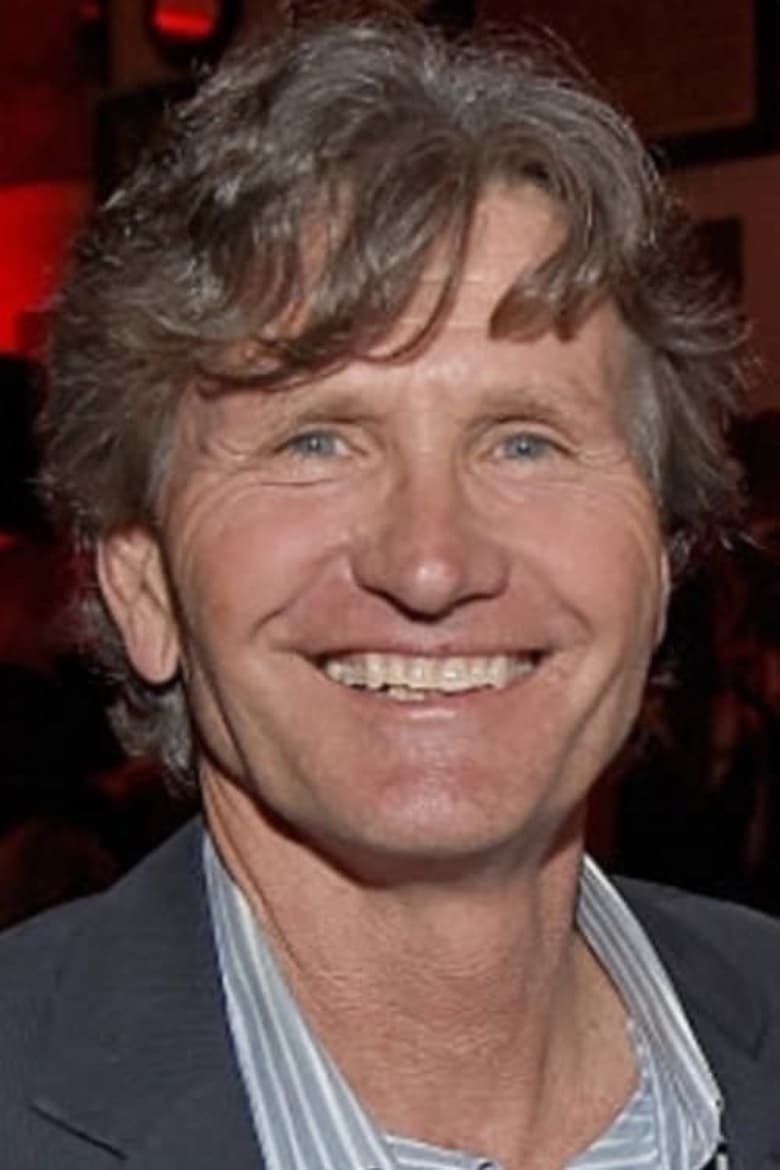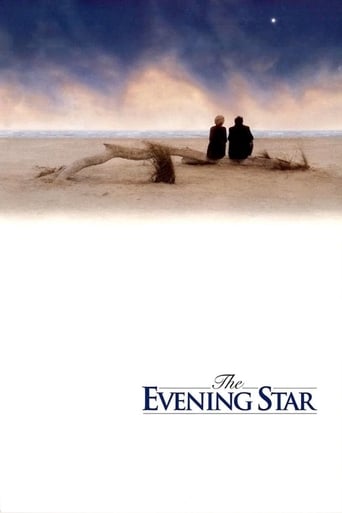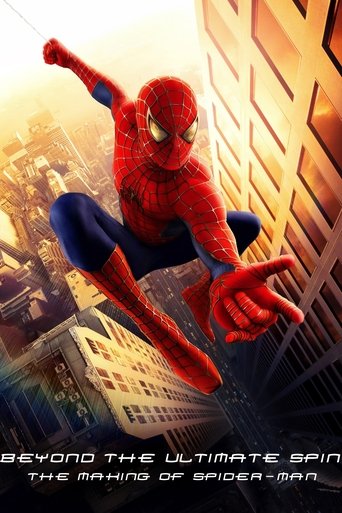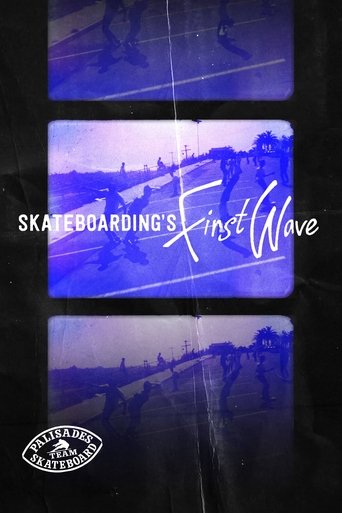
Don Burgess
1956-05-28
Biography
Don Michael Burgess, ASC (born May 28, 1956) is an American cinematographer, best known for his collaborations with director Robert Zemeckis. He was nominated for the Academy Award and BAFTA Award for Best Cinematography for Zemeckis' Forrest Gump (1994). In 2024, he received the American Society of Cinematographers' Lifetime Achievement Award. Burgess comes from a family of builders and initially wanted to be an architect in his youth. His introduction to photography came through his father building a darkroom for his sister since she was in a high school photography class at the time. When in high school, he made ski movies and motorcycle movies. He attended the ArtCenter College of Design in Pasadena and cited nature documentarian Mike Hoover as an influence. While attending ArtCenter, he worked as a film loader on William Friedkin's Sorcerer (1977). Burgess spent the first decade of his career shooting various independent and low-budget films, as well as nature documentaries for the National Geographic Channel. In 1987, he shot the full-motion video game Night Trap, which was eventually released in 1992. He was also a second unit cinematographer on Runaway Train (1985), Cherry 2000 (1986), and Back to the Future Part II (1989) & Part III (1990), which brought him into contact with Robert Zemeckis. In 1994, Zemeckis was the main cinematographer on Zemeckis' Forrest Gump, earning Oscar and BAFTA Award nominations for his work. He has subsequently worked with Zemeckis on 10 films, including Contact (1997), Cast Away (2000), and The Polar Express (2004). His work with other directors includes Spider-Man (2002), Enchanted (2007), The Book of Eli (2010), Source Code (2011), The Muppets (2011), 42 (2013), The Conjuring 2 (2016), Aquaman (2018), and Aquaman and the Lost Kingdom (2023). On March 3, 2024, Burgess received the Lifetime Achievement Award from the American Society of Cinematographers. Description above from the Wikipedia article Don Burgess (cinematographer), licensed under CC-BY-SA, full list of contributors on Wikipedia.
Also appears in

The Evening Star

Behind the Ultimate Spin: The Making of ’Spider-Man’

Skateboarding’s First Wave
Not yet rated